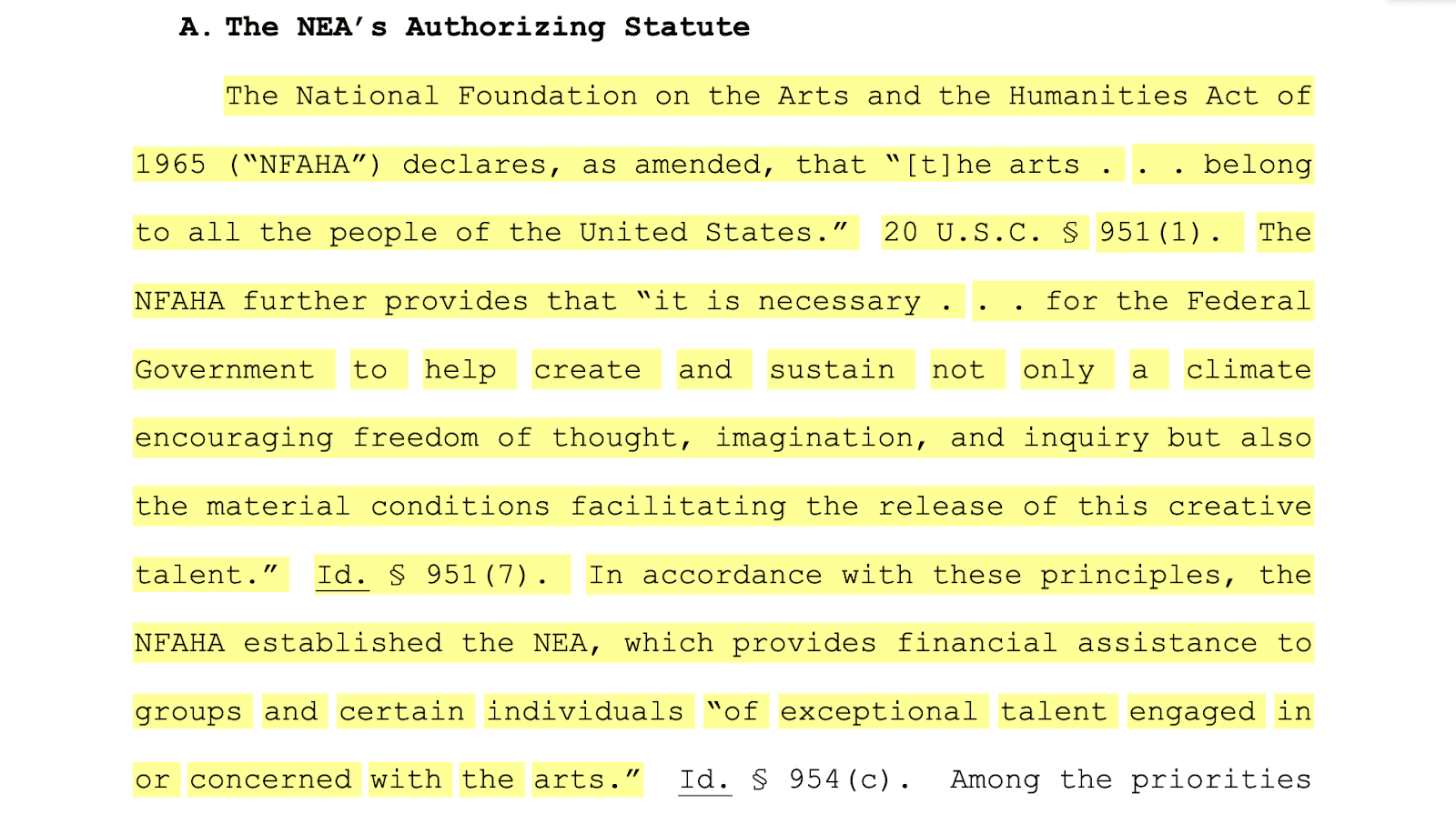Texas Tech chancellor directs faculty to recognize only two genders in classroom instruction
The five public universities within the Texas Tech University System must “recognize only two human sexes” in their classroom instruction, according to a memo released Thursday by the system’s chancellor.
In the memo, Chancellor Tedd L. Mitchell cited a Texas law enacted this month that requires government records to only reflect someone’s “immutable” birth sex as male or female; an executive order President Donald Trump signed in January declaring that the federal government will only recognize two, unchangeable sexes; and a letter from Gov. Greg Abbott that directed state agencies to follow Trump’s order.
“Therefore, while recognizing the First Amendment rights of employees in their personal capacity, faculty must comply with these laws in the instruction of students, within the course and scope of their employment,” Mitchell wrote. “As a system, our role is to provide clarity and guidance to administration, ensuring that each university fulfills its legal obligations.”
The five universities within the system, which collectively have more than 60,000 students, are Texas Tech University, Angelo State University, Midwestern State University, Texas Tech University Health Sciences Center and Texas Tech University Health Science Center El Paso. The universities did not immediately respond to requests for comment.
Mitchell directed faculty to review all instructional materials and adjust them accordingly.
“I recognize that members of our community may hold differing personal views on these matters,” Mitchell wrote. “Regardless, in your role as a state employee, compliance with the law is required, and I trust in your professionalism to carry out these responsibilities in a manner that reflects well on our universities.”
Though the Texas law declares that “an individual is one of two sexes,” it also recognizes that people can be born with a disorder of sex development or intersex, meaning having sex characteristics that do not fit binary definitions of male or female. The Texas law says intersex people “are not considered to belong to a third sex” and should receive “accommodations” in accordance with state and federal law, but does not say what those are. The chancellor’s office did not respond to a request regarding how the Texas Tech University System’s medical and nursing schools would navigate teaching about intersex people under the memo.
Brad Pritchett, interim CEO of Equality Texas, a statewide LGBTQ advocacy organization, said in a statement that limiting what information students have access to harms them.
“Free speech is the backbone of American Democracy,” Pritchett said. “We cannot stand idly by while the lives of our trans neighbors are erased from the history books. Texas is one of the most diverse states in the country, the melting pot of ideas, faiths, and identities is what makes us great. Students deserve universities where professors fearlessly observe and question our world—limiting classroom discussion and research topics will only degrade our state’s standing in the world of academia. Freedom cannot exist in a state where even our ideas are policed.”
In the memo, Mitchell added that “recent developments at universities across Texas … have highlighted the importance of understanding these compliance obligations.” He appeared to be referring to a controversy at Texas A&M earlier this month, in which a student recorded herself objecting to an English lecture related to gender identity. The student argued that such instruction was “illegal” due to Trump’s executive order recognizing only two sexes.
After public backlash, the university removed the head of the English department and a dean from their administrative positions and fired the professor, Melissa McCoul.
When asked for comment, McCoul directed NBC News to her attorney, who said McCoul has appealed her termination and is exploring further legal action.
Texas A&M’s president, Mark A. Welsh III, stepped down days later but did not say whether the controversy was a factor.
“When I was first appointed as President of Texas A&M University, I told then Chancellor John Sharp and our Board of Regents that I would serve as well as I possibly could until it was time for someone else to take over,” Welsh said in a statement issued earlier this month. “Over the past few days, it’s become clear that now is that time.”




